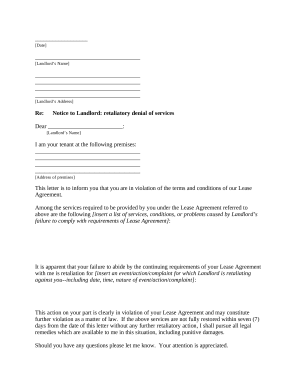
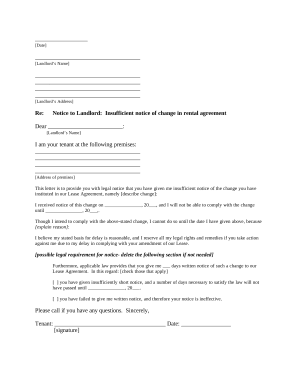
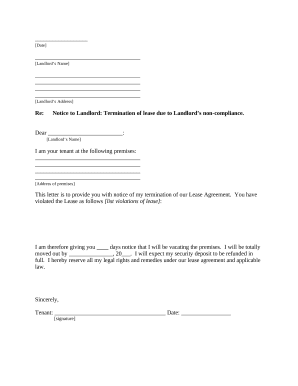
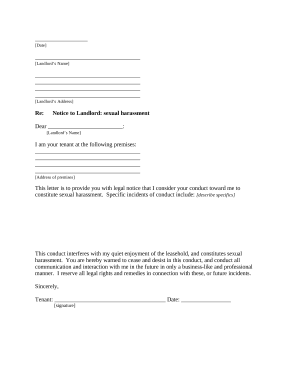
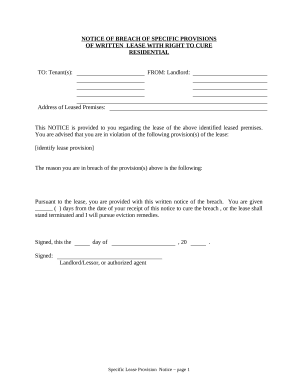
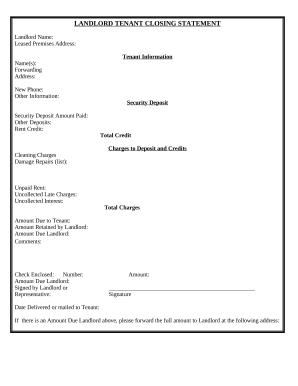

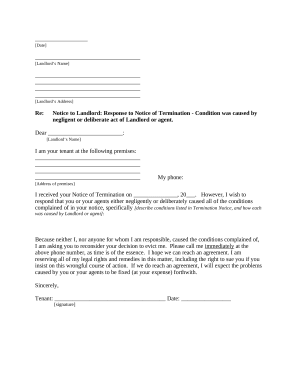

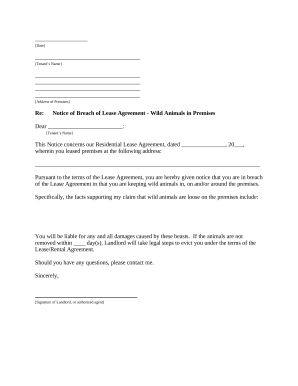
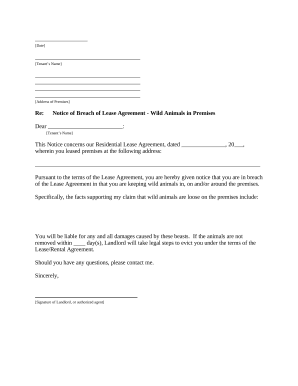

Document management consumes to half of your business hours. With DocHub, it is easy to reclaim your time and effort and improve your team's productivity. Access Landlord Tenant Dispute Resolutions category and investigate all form templates relevant to your day-to-day workflows.
Effortlessly use Landlord Tenant Dispute Resolutions:
Boost your day-to-day file management using our Landlord Tenant Dispute Resolutions. Get your free DocHub account right now to explore all templates.